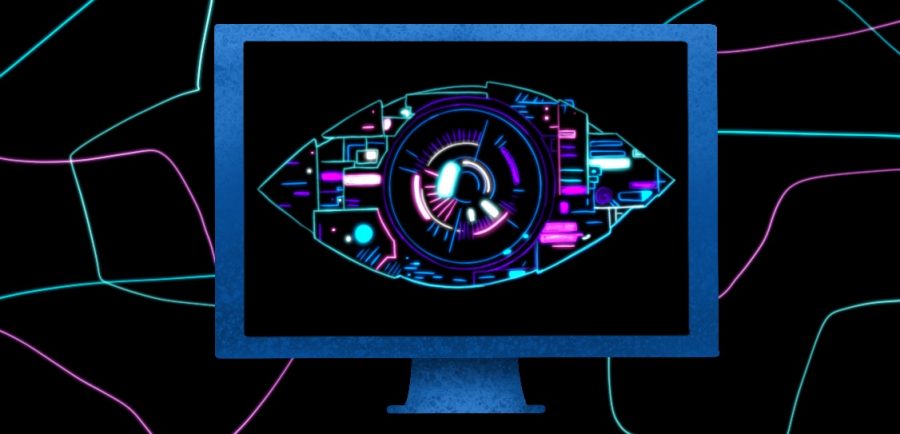Editorial | Virtual proctors worsen the overall academic environment
Oct 15, 2020
As workplaces, services, academic environments and social settings adapt to a world persistently affected by the coronavirus, the solutions to certain obstacles have gotten creative. Yet, the University administration has attempted to solve the pressing question of how to test students by forcing incredibly invasive virtual proctoring services on students.
As a result, students have responded by petitioning to ban the most offensive service, Proctorio, from use by professors.
Students have targeted Proctorio over what they see as egregious violations of privacy, as using Proctorio gives the service access to capture content on one’s screen and to manage settings, apps and downloads. Proctorio even uses the computer camera to track a student’s eye and head movements.
In an era where data breaches are somewhat common, the amount of agency given to Proctorio rightfully sparks outrage among the student body.
Furthermore, Proctorio is biased against students with certain disabilities. A student recorded to have a higher than average number of eye or head movements isn’t necessarily cheating. Some students may have a DRES accommodation that can prove they are more prone to erratic eye and head movements, but other students without diagnoses simply struggle to sit still for an extended period of time. Students have never before had to justify their every eye and head movement, so why is the onus on them to do so now?
Get The Daily Illini in your inbox!
Also, Proctorio assumes a great deal about a student’s resources. It assumes a student has a laptop with a strong enough ability to run Proctorio and the exam without lag or crashing.
Other virtual proctoring services, while not as invasive, can be equally frustrating for students. Students have reported problems with ProctorU, such as constant distraction, as the proctor nitpicks the testing environment and forces students to change it — even in the middle of an exam. Additionally, unlike Proctorio, students must pay for other proctoring programs.
“Too bad” seems to be the general attitude when students struggle with the testing experience, despite different time zones and home environments. There is nothing standardized about the circumstances in which these standardized tests are conducted. Expecting students to test under disparate conditions begs for student frustration.
It is the responsibility of the administration and faculty to rework their syllabi to ensure students learn the material but aren’t forced to grapple with a bad online testing environment. Trying to fix testing using online proctors feels like trying to fit a circle block into a triangle hole — this solution does not fit the needs of the anomalous year.
No matter how advanced the proctoring service, testing in a COVID-19 world encourages cheating. Each student is locked in a prisoner’s dilemma of whether to cheat on assessments or have integrity and compete against students who will most certainly try to cheat. It’s the game theory of cheating — in most cases, academic dishonesty is easier this year, so typically virtuous students may feel more incentivized to cheat this year.
Without proctoring services, some professors have put restrictions on tests, like the inability to return to questions or randomizing the order of questions, as if these methods will mitigate cheating in a way more valuable than the incredible inconvenience they place on students.
Some departments have made tests take-home or open-note, and some have scrapped tests entirely in favor of essays, projects and other assignments that can be done over time. These are the types of accommodations necessary during a pandemic — not an Orwellian proctor service.
Besides, open-book or take-home exams don’t breach the integrity of the exam, particularly as everyone is exposed to the same experience. It eliminates the possibility of cheating. If a test is truly about capturing a student’s comprehension rather than the brute strength of their memory, then a take-home exam should still assess that all the same.
Students have already spent the majority of this year stressed out and anxious about the state of the world. They shouldn’t have to worry about whether they are doing enough to convince the robot proctor that cheating is not occurring.
These programs clearly cause more problems than they solve. If the administration were prudent about academics during a pandemic, they would accept the petition to ban Proctorio and would encourage other means of gauging students’ knowledge rather than spending time workshopping professors with Proctorio, with whom the University has a contract.
If the administration had even a fraction of the will or imagination it believes students have to cheat, online proctors would be prohibited and students would be able to prove competency in their subject through other mediums.






